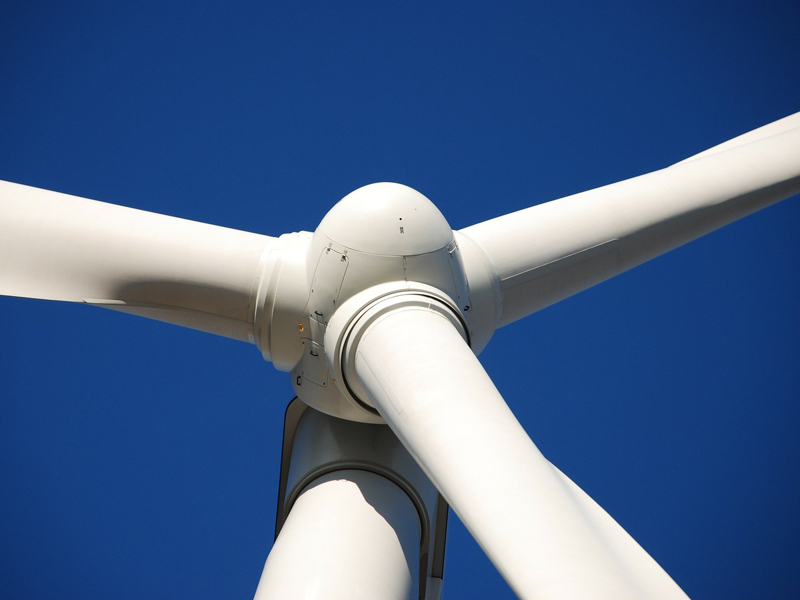Finland is making an effort to become the world's first fossil free welfare society by 2035. Metsähallitus plays an important role in achieving this goal as it is possible to build a significant number of wind power plants in state-owned areas that it manages; the energy produced in these power plants would reduce the need for fossil fuels.

“The goal of Metsähallitus is to multiply the wind power capacity installed in state-owned areas by 2030,” says Otto Swanljung, Metsähallitus’ Wind Power Manager.
“The Korsnäs project is Metsähallitus’ first own offshore wind park project. So far, there is little offshore wind power production in Finland, and we want to be involved with making it possible to develop it and create sustainable and societally influential business from it,” Swanljung continues.
“The regional economic impacts of offshore wind power are significant. If the Korsnäs offshore wind farm is built, it will bring an enormous boost to the economy of the municipality of Korsnäs and the entire Vaasa region,” says Swanljung.
Development of regional economy important
Christina Båssar, Mayor of Korsnäs, says that the municipality has a positive attitude towards the initiative.
“We decided on the municipal tax rate just last week. There is some pressure to increase it but no practical options to do so. The implementation of the offshore wind farm project would be a new opportunity for the municipality of Korsnäs,” says Båssar. It would bring jobs and inhabitants as well as subcontracting opportunities for construction and in this way increase tax revenue.
“The offshore wind farm could finally fill the hole left by the closure of the Outokumpu mine in the 1970s. We have tried everything to create new jobs in Korsnäs but it is not easy in rural areas,” says Båssar.
In the future, climate issues will also play an important role in municipal decision-making, and the offshore wind farm would facilitate the achievement of climate goals. The objective of the climate programme of the Regional Council of Ostrobothnia extending until 2040 is carbon neutrality in electricity and heat production as well as transport.
“The Vaasa region is also preparing their own regional carbon neutrality programme that Korsnäs is also involved in,” says Båssar.
Local views are considered
The municipal board of Korsnäs will discuss the planning initiative at their meeting on 23 November. If the initiative is approved, extensive studies will begin. The final regional boundary of the plan, the location of wind turbines within the plan area and the final number of wind turbines and the power line route needed for connecting to the electricity grid will be specified during the planning process.
“We want to work as openly as possible in the project and listen to local views,” says Pertti Tapio, Project Leader for the Metsähallitus wind power business.
“Local residents will certainly be interested in the power line route and how wind turbines are visible on the coast and whether they cause flicker. We will investigate these and many other issues and model them as well as possible,” Tapio says.
“If the project gets the green light, the sea area will remain state-owned, and people will be allowed to move around and fish in the park area as before,” Tapio continues.
Further information
Wind Power Manager Otto Swanljung, Metsähallitus Property Development, +358 40 560 1715, otto.swanljung@metsa.fi
Project Leader for Wind Power Business Pertti Tapio, Metsähallitus Property Development, +358 40 510 5302, pertti.tapio@metsa.fi
Mayor Christina Båssar, municipality of Korsnäs, +358 46 922 9495, christina.bassar@korsnas.fi
Communications Manager Hanna Kaurala, Metsähallitus, +358 40 350 4947, hanna.kaurala@metsa.fi
Corporate Communications Manager Kristiina Vuopala, Metsähallitus, +358 40 729 8819, kristiina.vuopala@metsa.fi